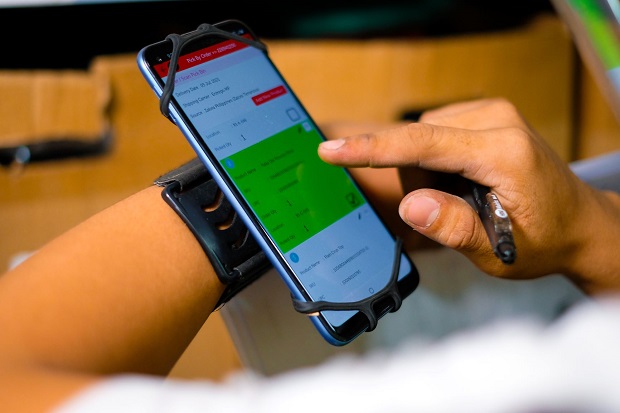Cloud-based logistics provider LOCAD is set to launch a new shipping platform that allows SMEs to manage multiple couriers in one place. Launched in 2020 with a platform that integrates the backend of e-commerce from warehousing to shipping, LOCAD will now offer a modular service that focuses on aggregating third-party logistics providers (3PLs).

Through its integration with 3PLs such as NinjaVan, J&T Express, DHL, Entrego, XDE, LBC, and Lalamove, the new shipping platform will enable all e-commerce brands to access a wide choice of delivery options, from same-day to day-definite delivery, and affordable economy shipping.
The shipping platform will pilot in the Philippines with plans to expand later across Asia Pacific.
The rise of many 3PLs with competitive pricing and services has been instrumental in the growth of direct-to-consumer (D2C) e-commerce brands. However, managing multiple platforms has become a key challenge.
This is the reason why LOCAD said it started beta-testing a shipping tool early this year allowing select brands to manage multiple 3PLs in one platform. This service has been used by clients such as Havaianas, Kumu, and Etaily who have shared positive feedback.
The service provides access to shipping solutions used by more established brands to SME merchants and budding entrepreneurs selling through web stores and social media. As brands are moving towards a D2C approach, there has been an explosion in Web store adoption with Shopify alone adding 3,000+ new stores this 2021 in its ecosystem in the Philippines.
Through the shipping platform, SMEs who are banking on the strong growth of e-commerce, especially this coming holiday season, will be able to tap LOCAD’s wide third-party logistics integrations.
The strong growth of e-commerce shipping coincides with industry projections. In a 2020 report by Bain & Company, Google, and Temasek, 95% of customers surveyed said that they will continue to use at least one digital service even after the pandemic.
A study also showed that 7 out of 10 customers rate delivery as the most important factor in their shopping experience. In the Philippines, the e-commerce industry is also poised to grow to $25 billion by 2025.




